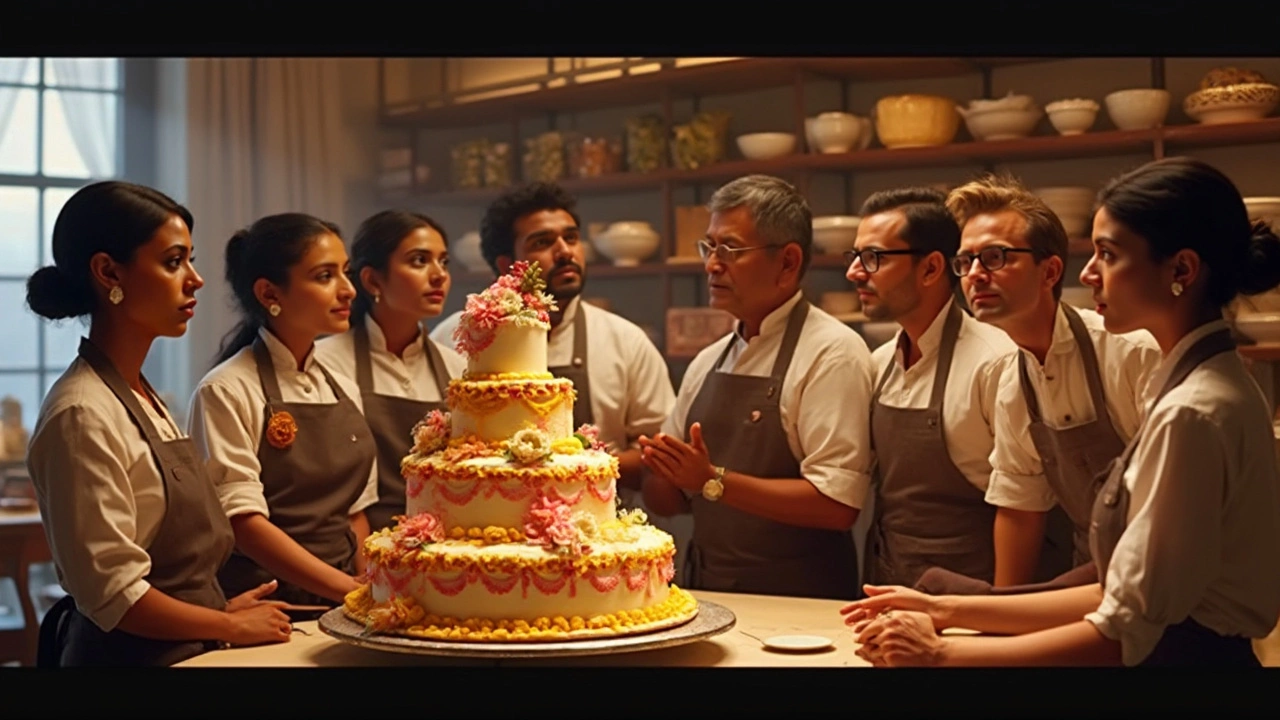Derogatory Term in Wedding Conversations: What to Avoid
When planning a wedding, it's easy to focus on décor and budget, but the words you use matter just as much. Derogatory term (a word or phrase that can offend, marginalize, or disrespect a person or group) is something no couple wants to hear on their big day. Also known as offensive language, it can turn a joyful moment into an uncomfortable one. Avoid dropping a derogatory term in any part of your celebration, because a single misstep can linger in photos, stories, and family gossip for years.
Why Word Choice Matters on Your Big Day
Wedding etiquette (the set of customary behavior and polite guidelines for couples, families, and guests) sets the tone for how language is received. If you sprinkle jokes that toe the line of a derogatory term, even well‑meaning guests may feel put on the spot. Good etiquette encourages inclusive wording, clear communication, and respect for diverse backgrounds. Planners often ask you to proofread invitations, speeches, and toasts for potentially hurtful phrasing before the day arrives, because the small details shape the overall vibe of the event.
RSVP (the response request that tells the couple how many guests will attend) isn’t just a logistical tool; it’s also a language test. A confusing or sarcastic RSVP note can lead guests to misuse terms they think are funny but are actually a derogatory term. Understanding what “M” means on an RSVP, for example, avoids the need for back‑and‑forth emails that might slip into casual banter. Clear, polite wording on the card sets a respectful tone for all follow‑up communications, and it helps keep the guest list accurate without any awkward clarifications.
Wedding budget (the financial plan covering venue, attire, food, and all other expenses) often feels like a pressure cooker. When money is tight, stress can spill into conversations, making people more likely to drop a derogatory term out of frustration. By allocating a small buffer for “communication coaching”—like a quick review of invitation wording—you can prevent costly misunderstandings that might otherwise require apologies or re‑prints. Smart budgeting includes the intangible cost of maintaining a respectful atmosphere, because a single offensive slip can lead to last‑minute changes and extra expenses.
Many wedding traditions involve language that has evolved over centuries. From the “something old, something new” rhyme to the cake‑cutting speech, each moment invites spoken words. When a tradition includes a phrase that once seemed harmless but now carries a negative connotation, it becomes a hidden derogatory term. Updating these customs to reflect modern values shows that the couple respects both heritage and inclusivity. That balance keeps the celebration joyful for everyone, regardless of background, and it prevents guests from feeling singled out.
Here are three quick ways to keep off the derogatory term trap: 1) Run every speech and invitation text by a neutral friend who isn’t involved in the planning. 2) Use online tone‑check tools that flag potentially offensive wording. 3) Create a short “language guide” for the bridal party, highlighting words to avoid and offering alternative phrasing. These steps take only a few minutes but protect the day from awkward moments that can linger long after the last dance.
With these insights in mind, you’ll notice a clear pattern across our collection: articles that break down budgeting hacks, RSVP acronyms, etiquette dilemmas, and tradition updates—all aimed at helping you steer clear of harmful language. Below you’ll find a curated list of posts that dive deeper into each of these areas, giving you actionable advice you can apply right away.
Dive into the surprisingly complicated meaning behind 'cake eater' in the wedding cake industry. Discover why this phrase offends some bakers, where it comes from, and how it's used today. Learn about the hidden culture and lingo inside bakeries. Get practical tips to avoid putting your foot in your mouth when talking to cake makers. This is the real dish on a term you don't want to toss around carelessly.
